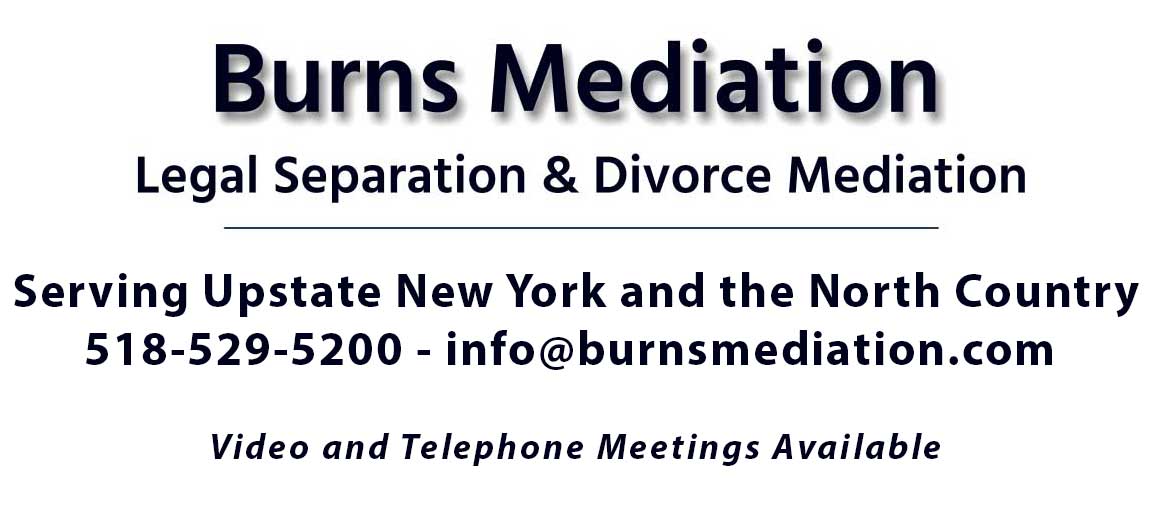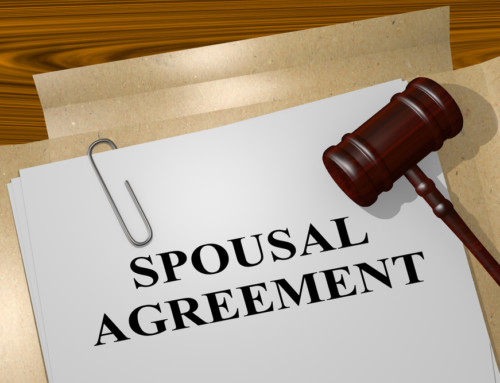 {3:54 minutes to read} Many people are under the impression that they are responsible for the debts of their spouse simply because they are married. But,
{3:54 minutes to read} Many people are under the impression that they are responsible for the debts of their spouse simply because they are married. But,
-
Getting married does not necessarily make you responsible for your spouse’s debts;
-
Getting divorced does not necessarily release you from debts incurred while you were married.
The reason why many people become liable for the credit card debt of their spouse is because they either allow their spouse to use their credit cards or add them to the account. This makes their spouse an “authorized user.” When this happens, you become liable for any charges your spouse incurs using your card.
Another way to become liable for your spouse’s debt is by cosigning a loan, line of credit or mortgage. Even if the two of you agreed that he or she would be responsible for this debt, you become liable to the bank if your spouse does not pay it.
What happens if you get a divorce?
Let’s say that in your divorce settlement your spouse agrees to take over the debt he/she incurred during the time you were married. You can still be held liable to the financial institution if this is a joint debt and your spouse does not pay it as agreed. And while you may have a claim against your (now former) spouse if he/she fails to pay a debt they agreed to pay, your credit may be severely damaged before you get that claim resolved in the court.
Even worse, if your spouse files a bankruptcy and discharges any joint obligations that he/she agreed to pay, you may well be on the hook for those obligations and may not able to obtain reimbursement from your spouse.
So What Can You Do?
The recommendation I make to my clients in mediation is to clear up any joint obligations as soon as possible after a settlement is reached. This means cancelling any joint accounts and paying off any joint debt.
This may require each to obtain a balance transfer from their own credit card in order to pay off any joint cards. It may also require you to obtain a personal loan to pay off joint obligations if this is possible.
Finally, it may mean agreeing to take responsibility for any joint debt in exchange for your spouse’s agreement to accept a reduced interest in a marital asset such as a house or a retirement account.
Some of my mediation clients even agree to transfer money out of a retirement account to pay off marital debt so each of them can start their new lives debt free. While most financial planners would not favor taking money out of a retirement account, there is a way to do it without paying the 10% penalty. And it may be the only financially viable way for a couple to live separately.
Other than children, joint obligations are usually the most likely source of future conflict between you and your ex. In my opinion, the best way to avoid such a conflict is to create an agreement that settles these obligations as quickly as possible.
Share with Friends:
Need More Information?
To schedule a free phone or video consultation, complete and submit the form below, email us at [email protected], or call 518-529-5900.





